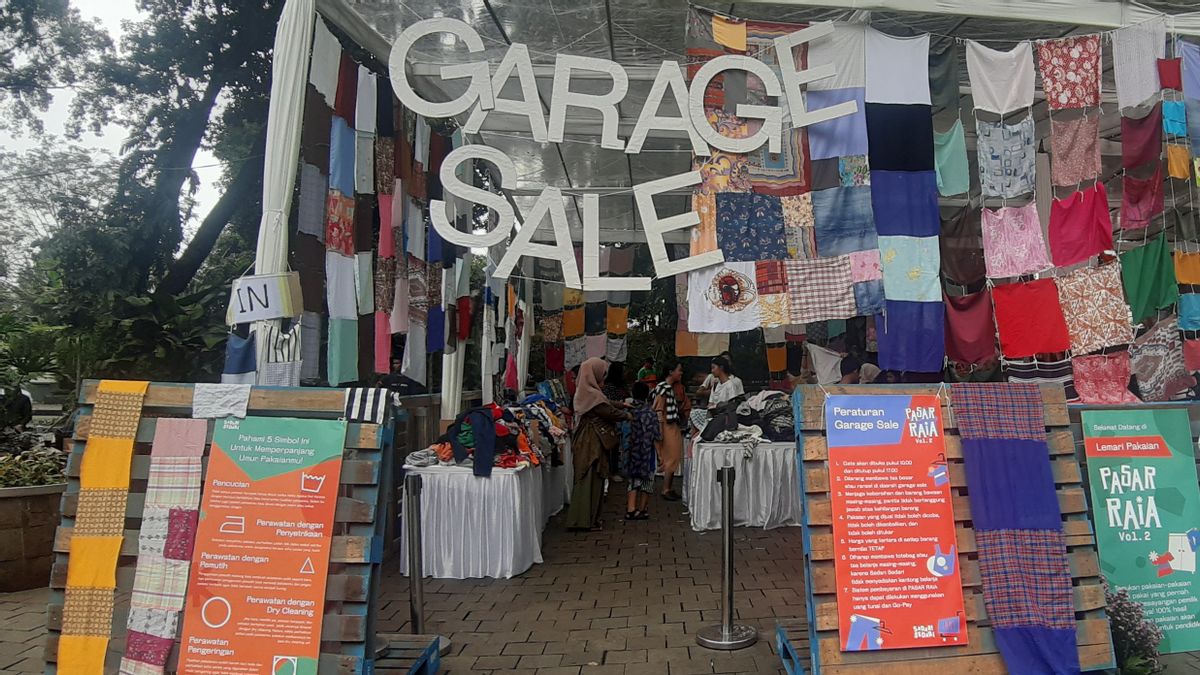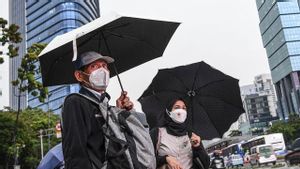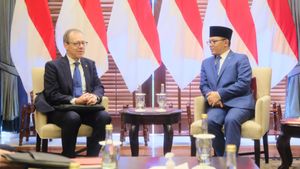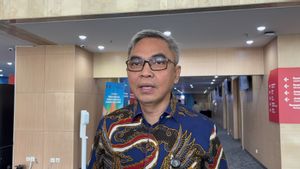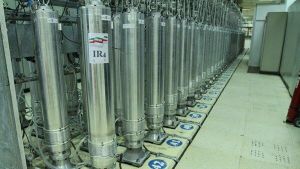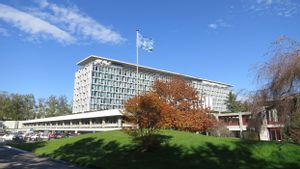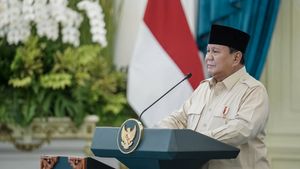JAKARTA - Taman Suropati, which is usually quiet, this time is enlivened by music from DJ turntables. Dozens of people also walked back and forth into this park. There are those who just want to have a look, some enter to enjoy snacks from food vendors, but there are also those who deliberately come to take part in a garage sale of used clothes to donate.
This time, the VOI team came to an event, namely Raia Market Volume 2 in Taman Suropati, Menteng, Central Jakarta. Even though the weather was hot and made sweat sticky, we were still enthusiastic about coming to this event. As soon as we arrived, we immediately went to the garage sale tent in the park.
This tent is decorated with rags, which according to the head of the Raia Market Volume 2 event, Swasti Marsha Hapsari, these fabrics come from used clothes that are donated but are not worth selling. Curiosity rose, we also took a look at the clothes at the garage sale with other visitors.
"This is good, but there is a little hole," said a visitor, lifting the shirt of his choice.
"Can it be sewn a little," replied his friend.
The clothes that are sold in the tent are various. Some in the form of t-shirts, shirts, collared shirts, batik shirts, and even velvet pants were also there. Additionally, there are several pairs of shoes for sale. The clothes were tagged with price tags. Ranging from IDR 5 thousand to the most expensive IDR 150 thousand.
Once satisfied to see a garage sale, we met Swasti while sitting in a lush garden. This 22-year-old woman then explained to VOI that this event was held on the initiative of Sadari Sedari with the Capital City - a movement initiated by the wife of DKI Jakarta Governor Anies Baswedan, Fery Farhati Garnis.

Apart from using the park, this event was also held in order to raise funds for the foster children of the Sadari Sedari community who are cared for by the Nurul Ihsan Child Social Welfare Institution (LKSA), Bandung, West Java. Not only for donations, they also hope that this event can contribute to reducing textile waste.
"We raise textile waste, fast-fashion is currently booming. We feel as young people, what do we want to donate and share with? Yes, maybe because many don't have the money to donate so with what we have, clothes pile up," he said when met at the venue, Saturday, November 30.
Swasti explains to us how they get their clothes for sale at garage sales. He said he obtained these clothes from donations. According to him, this donation Dropbox is placed in various places in Jakarta. One of them, Kelapa Gading Mall.
After that, they sorted the donated clothes into two parts. Those that are still worth selling, such as not being dull, fading, stretchy, and so on, will be separated from clothes that are not worth selling.

"Then we donate those who are not worth selling directly, for example, like yesterday we donated to villages on the outskirts of Jakarta," said Swasti.
Meanwhile, the next sale-worthy clothing will be determined by the price. For then ready to be taken home by the new owner. The prices for these clothes, said Swasti, would be determined by means of several assessment mechanisms. For example, a regular T-shirt for relaxing at home can cost around IDR 5,000 to IDR 10,000.
For nicer clothes, they can be sold for above that price. Moreover, if the clothes are branded and come from the wardrobe of public figures. In this event, Swasti said, the wife of DKI Jakarta Governor Anies Baswedan, Fery Farhati Garnis and other ranks also participated in donating some of her clothes.
If in the previous year, this event could raise up to Rp200 million in donations, Swasti admitted that this year there was no target for donated clothing. However, he made sure that the donations from this garage sale were right on target. Indeed, it is not for paying school fees, because these community foster children attend public schools which are free of charge.
Swasti said, these donations are given to these children in the form of stationery, books, and for the registration fee of 30 foster children who take additional or extracurricular education such as swimming, soccer, or other lessons so that they gain other knowledge.
"We know the importance of soft skills in the future for us to work and survive in life," he concluded.
The English, Chinese, Japanese, Arabic, and French versions are automatically generated by the AI. So there may still be inaccuracies in translating, please always see Indonesian as our main language. (system supported by DigitalSiber.id)
